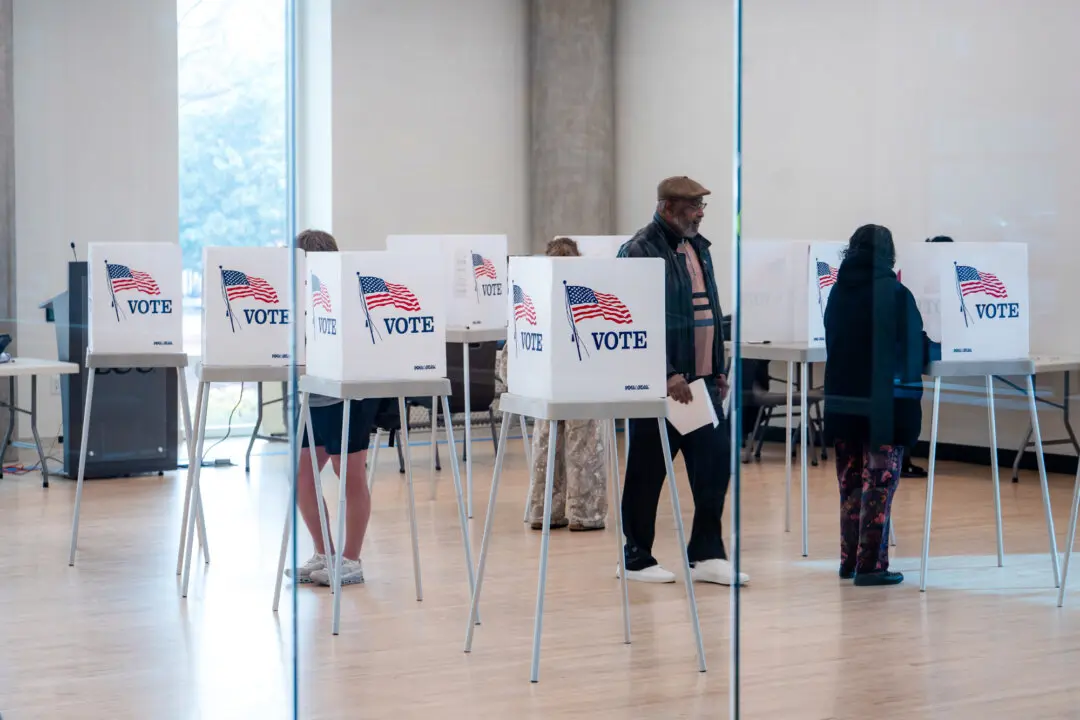News Analysis
As headlines declare that “peak woke” has passed, one researcher thinks it’s possible that wokeness is actually just “mutating.”“The jury is still out in terms of whether the Great Awokening is winding down,” David Rozado, an associate professor in New Zealand, wrote in a Feb. 24 Twitter post.





